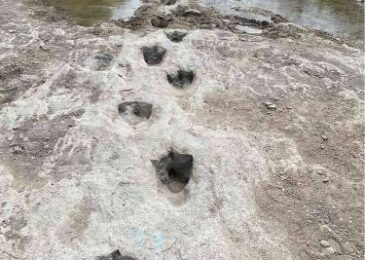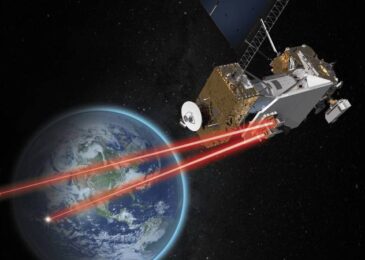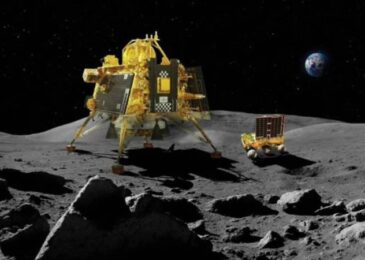Due to safety concerns posed by Hurricane Idalia, the launch of the Atlas V has been postponed. This measure aims to safeguard both the rocket and its payload from potential hurricane-related impacts. The rescheduled launch will originate from Space Launch Complex 41 at Cape Canaveral Space Force Station.
The upcoming Atlas V mission is set to carry a confidential payload named NROL 107 / Silentbarker for the National Reconnaissance Office (NRO) and the United States Space Force.
In anticipation of Hurricane Idalia’s arrival in Florida, accompanied by extensive storms and robust winds across the region, including the Space Coast, United Launch Alliance (ULA) took the precautionary step yesterday to transport the Atlas V back to the Vertical Integration Facility, shielding it from the impending storm.
After the hurricane has safely cleared the Florida area and the launch team has reinstated the rocket at the launch pad, the NRO payload will be propelled along an Easterly trajectory. However, detailed information on the payload remains elusive, as the NRO typically keeps the specifics of its clandestine payloads under wraps. Satellite observers may catch a glimpse of the payload several days post-launch, representing the primary confirmation of its successful orbit.
Powering this mission is the Atlas V’s mightiest version, the 551, which boasts a Russian-made RD-180 engine equipped with dual nozzles, as well as five strap-on GEM-63 solid rocket boosters constructed by Northrop Grumman. The rocket is topped with a 5-meter fairing.
This assignment will mark the National Reconnaissance Office’s final engagement with the Atlas V, having previously orchestrated the successful launch of 17 payloads into space.
For United Launch Alliance, this mission represents the first Atlas V launch of the year and the second overall. The company experienced an unforeseen pause in its operations. It had originally planned to launch the Starliner capsule to the International Space Station (ISS) earlier in the year. However, this mission has now been indefinitely postponed as Boeing addresses issues with the capsule.
Furthermore, the company’s plans to introduce the Vulcan rocket, a successor to the Atlas V, were also hindered earlier this year. Delays ensued after a mishap during a test of the rocket’s second stage led to an explosion on the testing platform. ULA is still committed to achieving a successful Vulcan launch in the fourth quarter of this year.
Disclaimer: The views, suggestions, and opinions expressed here are the sole responsibility of the experts. No Digest Pulse journalist was involved in the writing and production of this article.





